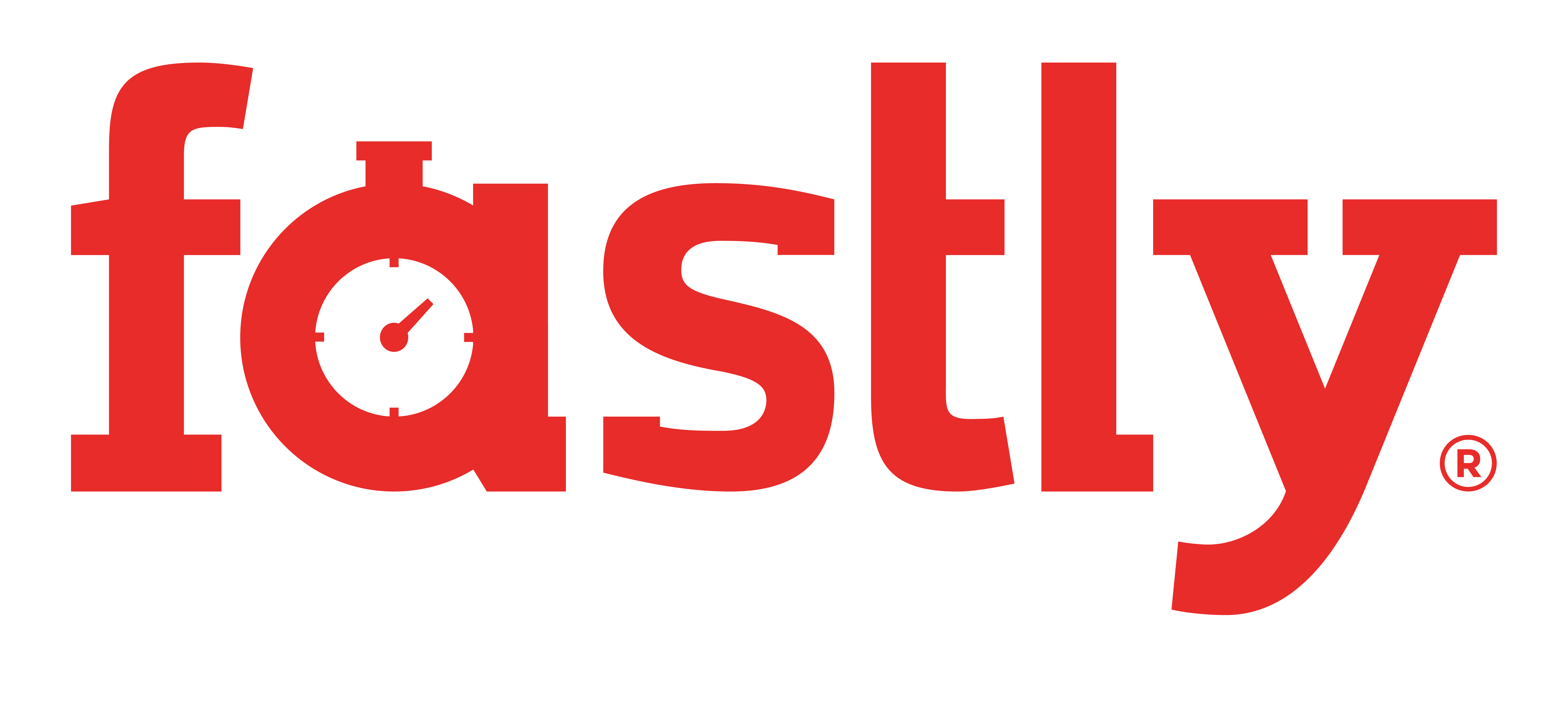MacRuby
MacRuby is a ruby interpreter built on top of Apple's NS Framework. It allows developers to create fully-native OSX applications that take advantage of Ruby!
Please note that much of the content below was taken from the README.rdoc on github
Latest Release
Installing the latest official release known to RVM is the same procedure as for other interpreters.
$ rvm install macruby
Head (aka 'master')
Here's how you can install the latest macruby release from its github repository:
$ rvm install macruby-head
MacRuby is a Ruby implementation based on Mac OS X technologies, such as the Objective-C runtime and garbage collector, the CoreFoundation framework and the LLVM compiler infrastructure.
The goal of MacRuby is to enable the creation of full-fledged Mac OS X applications which do not sacrifice performance in order to enjoy the benefits of using Ruby.
MacRuby is copyrighted free software by Apple Inc and covered by the terms of the Ruby license. Please refer to the COPYING file for more information.
Requirements
- An Intel machine. PowerPC machines are no longer supported, but may still work. An Intel 64-bit machine (Intel Core Duo 2 or later) is recommended.
- Mac OS X 10.6 or later.
- LLVM ToT, compiled for both i386 and x86_64.
Compiling LLVM
LLVM is a moving target, and breaks periodically. We recommend you install revision 106781. Make sure you specify the correct C and C++ compilers with environment variables.
$ svn co -r 106781 https://llvm.org/svn/llvm-project/llvm/trunk llvm-trunk $ cd llvm-trunk $ env UNIVERSAL=1 UNIVERSAL_ARCH="i386 x86_64" CC=/usr/bin/gcc CXX=/usr/bin/g++ ./configure --enable-bindings=none --enable-optimized --with-llvmgccdir=/tmp $ env UNIVERSAL=1 UNIVERSAL_ARCH="i386 x86_64" CC=/usr/bin/gcc CXX=/usr/bin/g++ make $ sudo env UNIVERSAL=1 UNIVERSAL_ARCH="i386 x86_64" CC=/usr/bin/gcc CXX=/usr/bin/g++ make install
Compiling LLVM can take quite a while. If you have a machine with multiple cores, which is quite likely, you can speed up the process by using all/more cores. However, doing so may make your machine unresponsive during compilation. To use multiple cores, pass the `-j N' option, where `N' stands for the number of cores you want to use. So for a Core Duo, the command would look like:
$ env UNIVERSAL=1 UNIVERSAL_ARCH="i386 x86_64" CC=/usr/bin/gcc CXX=/usr/bin/g++ make -j2
Community Resources
- The project website contains more documentation, such as tutorials and guides. It can be found at https://github.com/MacRuby/MacRuby

